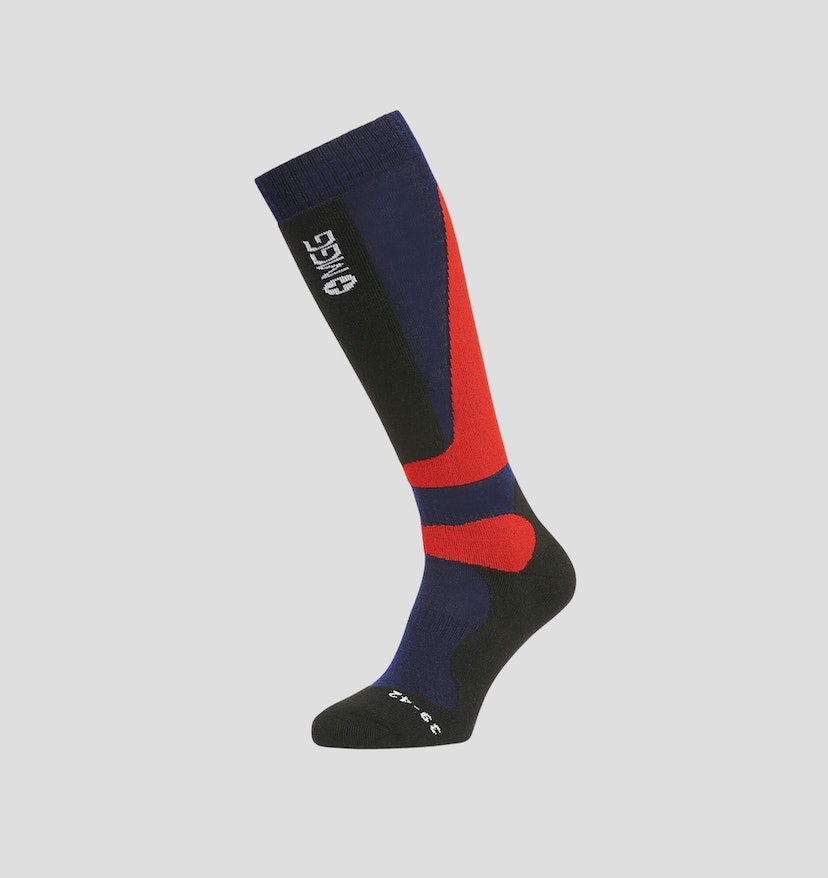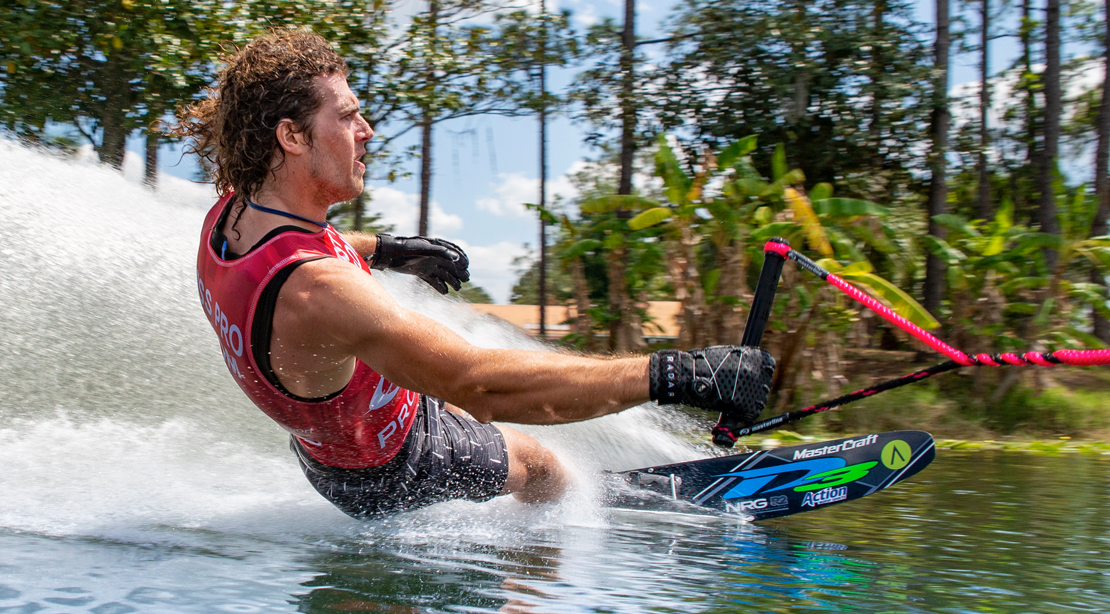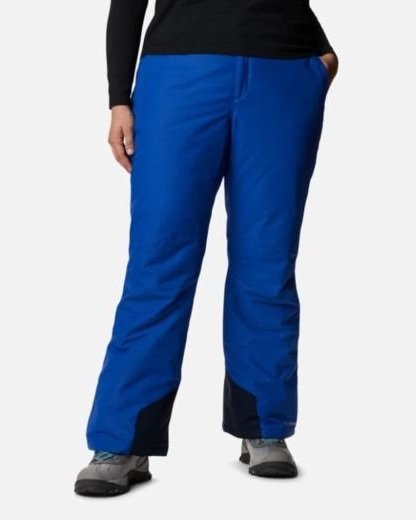
Older cross country skis tend to be a bit longer. However, the latest models are shorter. They are easier to use for beginners and don't lose as much glide as longer cross-country skis.
As a general rule of thumb, short skis are better for beginners, while longer skis are best for experienced skiers. The length of your skis should be determined based on your ability level and the type of snow you plan to ski. If you plan to ski often, you may want to get bigger skis, as their stiffness will help you to grip well. A wider ski will provide more stability if you are going to be skiing in more difficult conditions.
Cross country skis that are shorter and more shaped are now becoming more popular. These skis, which are usually 147cm long, are often less than two feet long. They aren't as stable and flexible as longer skis. These skis are still more versatile and easy-to-handle.

Cross country skis can be used by both beginner and advanced skiers. These skis come in a range of specifications and features, so it is important to choose one that meets your needs. Research is key when choosing the ski that suits your needs.
Skis with a metallic edge are great for off-track skiers, as the metal provides extra traction in icy conditions. Metal edges offer stability and more control. In addition, they are less likely to slip and drag, so they are especially useful for backcountry skiing.
There are many different types of classic cross country skis to choose from. You can select based on weight, camber profile, or flex. The Atomic Redster C9 Carbon is an example of this. It has different flex levels, depending on the user. It's an ideal choice for heavier or lighter skiers and gives you edge control when on the trail.
Classic cross country skis are usually made from wood, with a narrow profile. These skis don't rely on sticky wax, but a built-in grip pattern, and they only contact the surface when they are set down. Race cross-country skis are for those who are more aggressive. They have a stiffer camber profile, and are faster.

There are many cross country skis on the market, but it can be difficult to find the best. Cross country skiers of all skill levels and ages will love the Fischer Twin Skin Pro Medium XC. You have the option to choose from a waxed or non-wax model depending on your preference.
Even though shorter skis are sometimes more difficult than usual, they are becoming more prevalent. Start your search at your local ski shop. Many stores offer a demo area, where you can test out different models. Try a few different types and sizes to see which one will work best for you.
FAQ
When traveling, what should you remember?
Traveling is a time when you are often faced with situations that require quick decisions. So be prepared to improvise.
You might be stuck somewhere for hours, days, weeks, or even months. If you've planned ahead, you'll have food, water, shelter, and a place to sleep. But if you haven't, you may have to improvise.
In these cases, you'll probably have to rely on what you know how to do best. It means you have to be able to quickly make decisions based upon your experience and instinct.
Sometimes, however, you will not have any other choice. There are many situations where you might be left without cell or gas service, or even robbed. These situations will require you to quickly adapt to the situation.
It is important to remain calm, keep your eyes on the prize and be decisive. Don't panic. Instead, stay focused on what you have control of.
If you are lost in the woods, it is possible to choose which direction you should go. For those who are hungry, berries and mushrooms can be eaten. You can also drink rainwater and melt snow if you feel thirsty.
If you are tired, you can take a break. You can layer up if you are cold. You can also change your clothes if you are wet. You will feel happier no matter what, if your outlook is positive
What can I pack in my bag?
Two pairs of shoes is a good rule of thumb. Two pairs should be sufficient for everyday walking and one for trips to the beach.
Make sure you have enough clothes to cover both. When you fly, it is essential to bring enough clothing.
You may want to consider bringing some extra clothing with you if your plans are to stay for a longer period of time. This will make it easier to go shopping for new outfits and won't make you feel uncomfortable.
Comfortable shoes are a must if you're going to be taking the train or bus. Also, if driving, bring extra tires.
Also, remember to bring plenty of toiletries, such as shampoo, toothpaste, moisturizer, deodorant and toothpaste.
Last but not the least, you will need a flashlight as well as insect repellent, sunscreens, sunglasses, a hat, first aid kits, and sunblock.
Don't forget to put all these items in one bag rather than trying to fit them into several different bags. That way, you'll save time and space.
Last but not least, make sure to bring a small towel & washcloth. They'll come in handy when you shower after a long day of sightseeing.
How much luggage should I take with me?
The length of the trip will affect how much luggage that you can take. You will only need to bring hand luggage if you're traveling by plane. This is typically less than 20kg. If you're traveling by bus or train, you'll need more space.
You will receive a form with all the details about your flight when you arrive at airport. This will include information such as the weight of your bags and whether you require assistance when checking them in.
This must be done before you leave your home. You might find yourself stuck waiting in line for hours as everyone else inspects their luggage.
It's best to travel light, as you never know when something might happen. It is possible to lose your bag and not have something to wear.
What documents should I have with me while traveling?
You can always access important documents while you are on the road by keeping copies at home. You may also want to consider keeping copies of your passport, driver's license, and other official identification cards and any credit card information you might need if you plan to use an ATM machine.
A photocopy of your passport is always a good idea so that it can be used to prove identity in case of emergency.
Also, don't forget to include copies of your itinerary and reservations. These will help you to remember where you are and what you want to see.
Keep a copy of the flight ticket and details for your hotel reservations. This way, you'll be able to contact someone back home if you get into trouble.
It's a good idea to never leave valuables unattended. Make sure you have a place to store your valuables, such as a money belt or in your luggage.
Avoid losing valuable items by making sure your luggage is checked before you depart.
Remember that it is always safer to be simple than to plan everything.
Relax and enjoy your trip!
Should I buy travel insurance?
Travel insurance is essential if you are planning on doing something adventurous. You should ensure that you have coverage for all types and forms of adventure sports.
If you're skiing, for example, it is important to have medical coverage. You should also think about getting coverage for theft loss and damage.
Cover for cancellation should be considered. This means that you can cancel your holiday without paying any penalties.
You should also ask for coverage for emergency evacuation. You can also be taken off the mountain in the event of an avalanche, or another natural disaster.
Statistics
- That's an 18% jump from 2019, the previous record year. (travelandleisure.com)
- Alcoholic beverages with 24% alcohol or less are not subject to limitations in checked bags. (tsa.gov)
- Pack sweaters, jackets, and underwear in reusable compression bags creating up to 75% more space in your luggage. (wikihow.com)
- You can use compression sacs or cubes to reduce the volume of your clothes by up to 80%—this is especially convenient for bulky items such as sweaters and jackets. (eaglecreek.com)
- Between the ages of 11 and 13, kids, or tweens, will likely want some autonomy but also need boundaries. (travelandleisure.com)
External Links
How To
How to Have a Weekend Vacation
Weekends away are a time for reflection, relaxation and fun. It's a place to relax, unwind, recharge and disconnect.
This is also an opportunity to reflect on what matters to you and how your weekends are spent. If you have the opportunity to travel for work, you may find yourself reflecting upon what makes it so rewarding.
However, no matter your reason for taking time off from work, you should plan plenty of activities.
It's likely that you will want to be alone and enjoy the company of your friends back home. But, it's equally important to remain active.
Whether you choose to explore local attractions, go hiking or camping, or simply soak up some sun, there are lots to do when you're on the road.
Also, make sure to allow yourself enough time to recover from each activity. After all, it's easy to burn out when you're constantly pushing yourself. Plan ahead, and make sure you allow for downtime.
Once you've landed safely, you'll probably look forward to relaxing again. Soon, you will be eager to return on the ground.
Do not let yourself get behind. Set aside time every day to catch up with emails and other projects.
You will feel more connected, and less overwhelmed. You won't miss any opportunity to grow your business.
Never be afraid to ask someone for help. You may find yourself stuck or unsure of the next step.
If you need advice, contact someone at your workplace or a friend. It doesn't matter how busy your day is, it's still possible to have a quick conversation with loved ones.